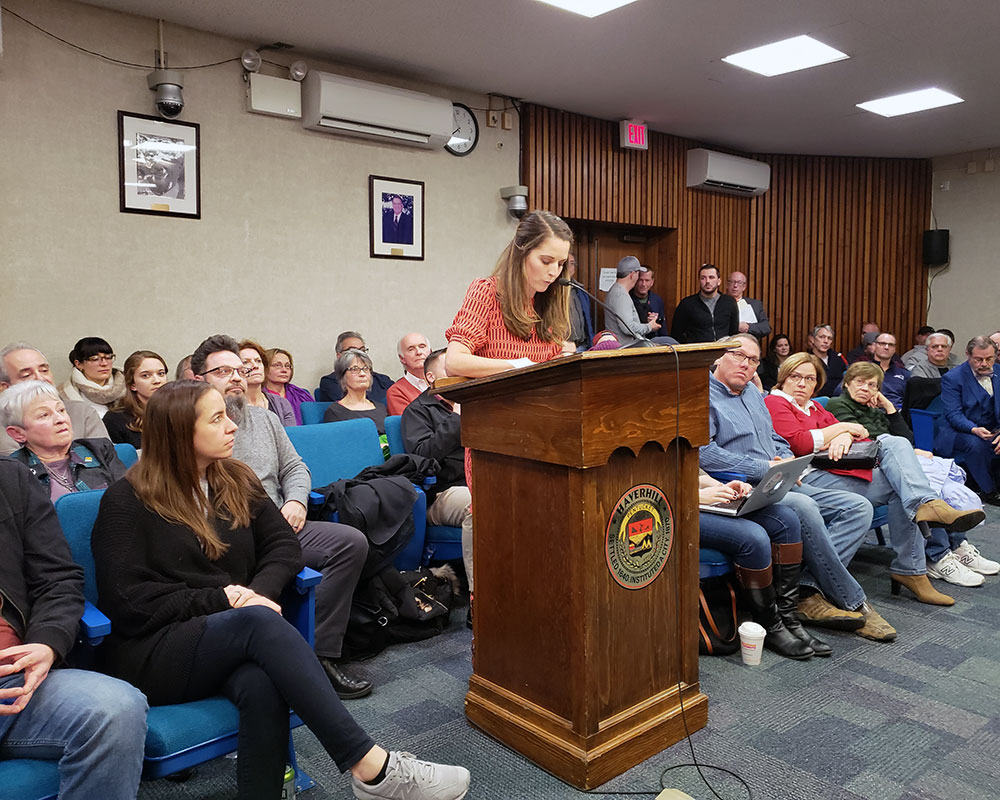The decision by a second Massachusetts community not to charge an impact fee to a cannabis retailer is evidence cited by a Haverhill shop there are no impacts from hosting such businesses.
Caroline Pineau, owner and CEO of Stem, said the recent experience by the Town of Lee and, earlier by the City of Northampton, shows recreational cannabis stores have, thus far, posed no additional or unusual expenses to communities that host them.
“The $1.3 million cost report produced by Haverhill looked ridiculous when it came out and it looks even more ridiculous now with the Town of Lee and Northampton both admitting there have been no costs,” she told WHAV.
According to The Berkshire Eagle, the Lee Select Board decided last Tuesday not to assesses the town’s only pot shop because the business did not add to the community’s costs during the year that ended in July. The Board, however, reportedly reserved the right to assess an impact fee in the future should the situation change. Earlier this year, Northampton Mayor David Narkewicz said that city would not collect a 3% community impact fee.
Pineau is calling on the Haverhill City Council to exercise its oversight powers to review the administration’s calculation of $1.3 million in extra costs associated with all cannabis shops in Haverhill. “I think the City Council should question every aspect of this report and demand that the mayor produce actual evidence of real costs,” she said.
Haverhill City Solicitor William D. Cox Jr. told WHAV it is inappropriate to compare the experiences of smaller communities with urban areas. “First of all, the impacts on a large city are much more distinct than a small, rural town.”
In a follow up statement, Cox added, “Looking to a few communities who have forgone impact fees, Northampton, which had already accepted millions of dollars, and Lee which is a small western town with 6,000 residents, is a superficial analysis which ignores the impacts and needs of communities such as Haverhill.”
Stem, 124 Washington St., filed suit against Haverhill in April, asking Essex County Superior Court to make Haverhill “provide the required documentation and substantiate the fee,” allow the court to hold the fee until the matter is resolved and prevent the city from recovering certain legal costs.
In a report dated Sept. 10, MGT Consulting, hired by Haverhill, said it conducted interviews with city departments, identifying what it called “direct” and “indirect costs.” More than $866,000 of ostensibly extra expenses were allocated to the Haverhill Police Department and $288,000 to Haverhill Public Schools. Authors attributed some estimates to “nine potential uses for the community impact fees,” listed by City Councilor Colin F. LePage in a 2019 letter. They also cited a presentation this past June by school physician John Maddox, identifying “many issues and challenges” facing the schools, including “challenges related to marijuana usage.”
Cox said the report offered few surprises.
“The Community Impact Fee Cost Analysis, completed by an independent consulting firm after several months of careful review and research, shows what we expected; namely, that the city’s present and future costs to address community impacts of Licensed Marijuana Establishments are substantial. In fact, they are significantly more than what we have received in impact fees from the marijuana shops operating in our city,” he said.
City officials plan to meet again this fall with its three operating cannabis retailers to review costs analyses.

